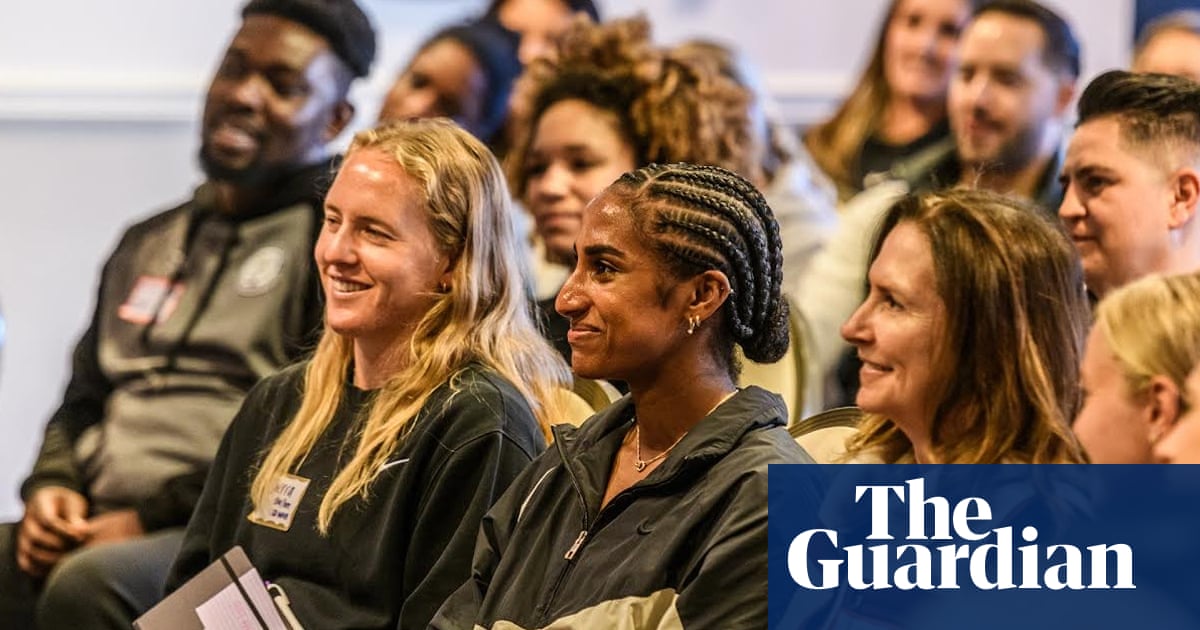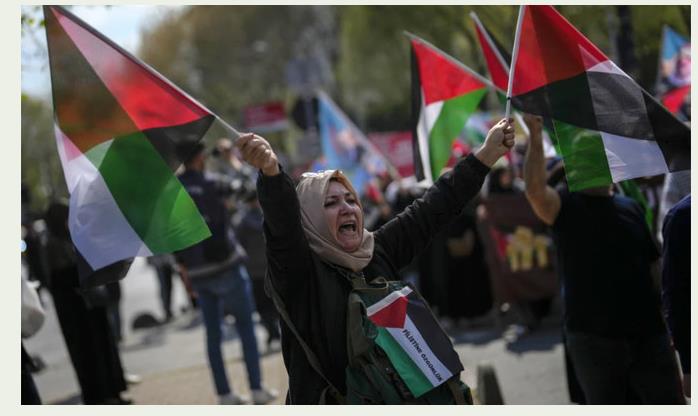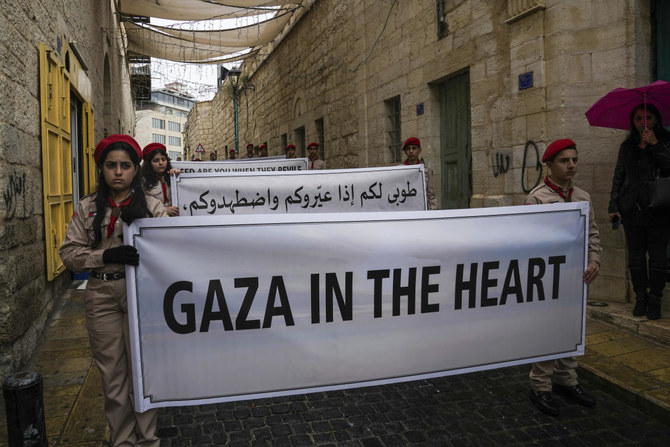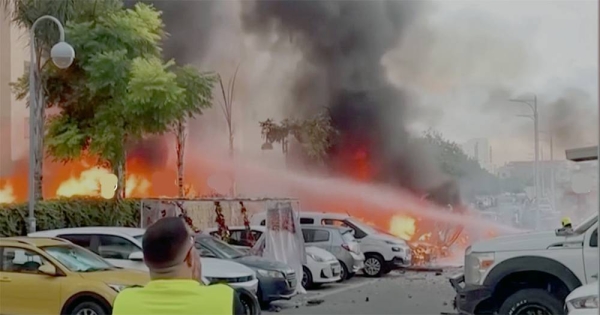
Just over 40 years ago my family fled our homeland, along with many thousands of others, as the Israeli army swept through southern Lebanon and up into Beirut. It would be many years before Israel vacated the regions it captured. Recent tensions are a reminder that there are many areas that Israel’s invading forces never left.
Following that 1982 invasion, Israel’s Defense Minister Ariel Sharon personally oversaw hideous massacres in the Sabra and Shatila refugee camps in Beirut, along with brutal actions against Lebanese civilians. These culminated in events such as the 1996 Qana massacre during Israel’s Operation Grapes of Wrath, when an artillery barrage (called in by a certain Naftali Bennett) on a UN compound killed more than 100 Lebanese civilians and mutilated many more. In 2006 there was a reprise of such brutality against an apartment building in the same area, with 26 dead and calamitous destruction of homes.
We may loathe Hezbollah for a host of excellent reasons, but the movement does tap into the fundamental truth that millions of Lebanese, Palestinians and Arabs have lost everything at the hands of Israel. They cannot simply forgive and forget, particularly when Israel continues dispossessing those still clinging to their homes.
One reason for never forgetting such atrocities and crimes against humanity is to stir us into restraining reckless actors from recreating the escalatory conditions that will allow their recurrence, resulting in death and terrible suffering for millions more innocent people.
With agreement this year over Israel-Lebanon maritime borders, attention has returned to the contentious issue of land borders — particularly in disputed locations such as Ghajar, Shabaa Farms and Ras Al-Naqoura
Lebanese citizens will not accept occupation of a millimeter of their land, but these are matters that governments are mandated to address. It doesn’t help our cause for a discredited militia to unilaterally drag the country to war over such causes, whatever their merit.
Hezbollah perhaps has ten times the firepower it had in 2006, but this is still dwarfed by Israel’s destructive capabilities, particularly if Western allies intervene on its behalf. If Hezbollah incites the youth of Jenin and Gaza to throw rocks and fire home-made rockets in order to ignite a wider regional conflagration, Israel’s response will be yet more decisive, probably serving as a pretext for reoccupation of areas of southern Lebanon. The community of Ghajar has for many years been a closed military zone , despite Israel’s promises in 2010 to withdraw from northern areas of the village. Whether Ghajar is Lebanese, Syrian or both, it certainly isn’t Israeli. Israel similarly has zero right to the occupied Golan Heights, or any of the Palestinian territories occupied under force of arms, despite building illegal settlements the length and breadth of these territories to render compromise impossible.
Hezbollah set up two tents in protest at Israel’s wall-building provocations at Ghajar. In a speech marking the anniversary of the 2006 war, Nasrallah pledged not to allow Israel to consolidate its hold over these disputed areas. “Liberating Ghajar is the responsibility of the Lebanese people, state and resistance,” he said.
Already this year Hezbollah has staged numerous attempted incursions into Israel, along with ostentatiously inviting Iranian VIPs to make border inspection visits. In April, 34 rockets were fired into Israel, and Hezbollah last week made a show of removing equipment from an Israeli observation post.
The Israeli and American air forces last week staged joint exercises, in a signal of shared perceptions of the continued military threat from Iran and its proxies. Meanwhile Israel’s army carried out a conspicuous military drill on the border, provocatively simulating an attack on Bint Jubail, the scene of bitter clashes in 2006. As students in pre-civil war Lebanon, we spent our holidays rebuilding homes and schools in Bint Jubail, following Israeli retaliation for Palestinian rocket firing — a reminder of how long local people have suffered such perpetual violence.
Even if neither side desires wholesale war, both parties apparently believe it suits them to massively inflame tensions to distract attention from domestic political woes. Hezbollah grapples with ever-growing unpopularity, especially as it can indefinitely throw spanners in the works of processes such as the election of a president, but has no affirmative vision of its own for extracting Lebanon from its dire predicament.
One senior Israeli security figure commented that Nasrallah had been “toying with a powder keg” and “no longer has deep-seated concern about a possible escalation into a day or a few days of limited fighting. It might even be good for him.”
Nasrallah is emboldened by the scent of weakness, indecision and chaos wafting across from the Israeli side of the border, in the form of mass civil disobedience in protest at Prime Minister Benjamin Netanyahu’s attempts to eviscerate the judiciary. A recording was leaked of an unhinged rant by Netanyahu after elite military divisions went on strike, with hundreds of senior military reservists considering resigning en masse. An Israeli poll revealed that 67 percent of Israelis feared civil war —Israelis at war with themselves, let alone conflict with Hezbollah or the Palestinians.
Lebanese authorities and the citizens they represent sincerely believe that justice is on their side when it comes to contested border locations. Lebanon’s claims should therefore be asserted through arbitration and international justice, irrespective of Israel’s hostility to global institutions that have repeatedly called out its illegal behavior.
Lebanese land is sacred, but so are Lebanese lives — despite Nasrallah gambling so cheaply and recklessly with the latter.
If we are to patriotically assert Lebanon’s right to Ghajar and Shabaa Farms, let’s be equally patriotic in liberating all of Lebanon from economic ruin, political dysfunction, cultural meltdown, malign foreign interference, and the tyranny of over-mighty militias.
• Baria Alamuddin is an award-winning journalist and broadcaster in the Middle East and the UK. She is editor of the Media Services Syndicate and has interviewed numerous heads of state.












